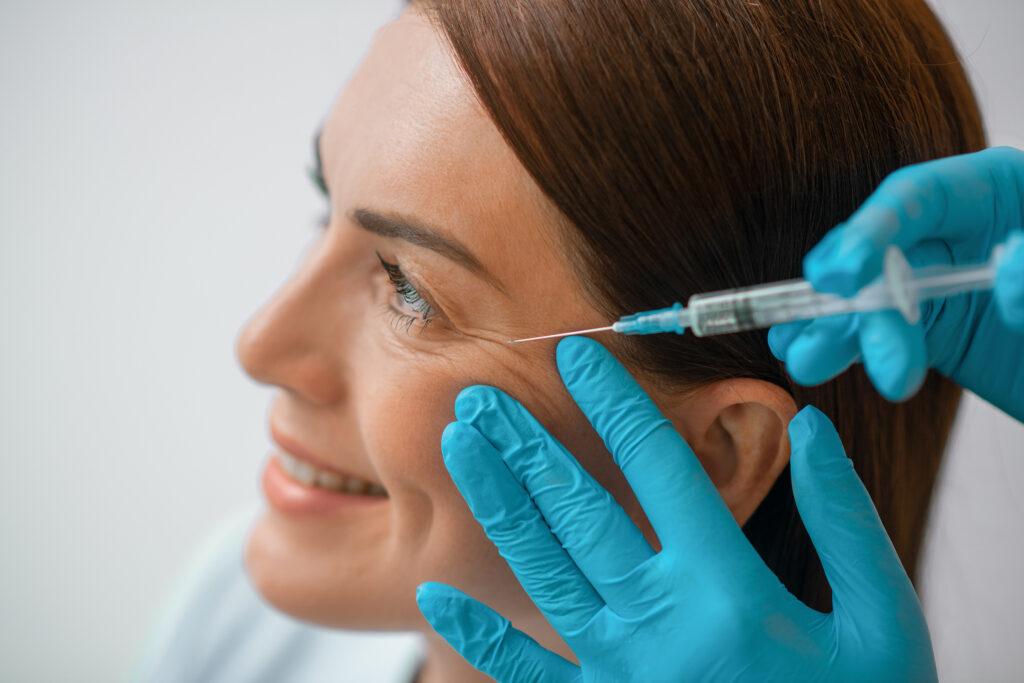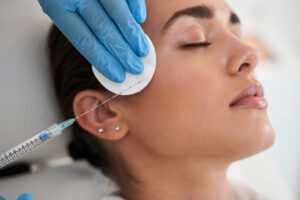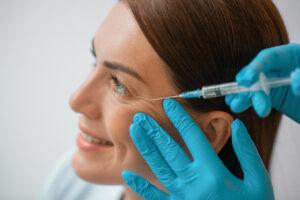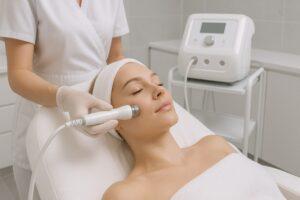Seeking a more youthful look often leads people to consider cosmetic procedures, and injectables for face wrinkles are among the most trusted and effective options available. But before you book an appointment, it’s wise to understand if your skin type is suitable for these treatments. The good news is that advancements in the field have made injectables safe for a broad range of skin types, though a few important factors should always be considered.
What Skin Conditions or Sensitivities Should Be Considered Before Getting Injectables for Face Wrinkles?
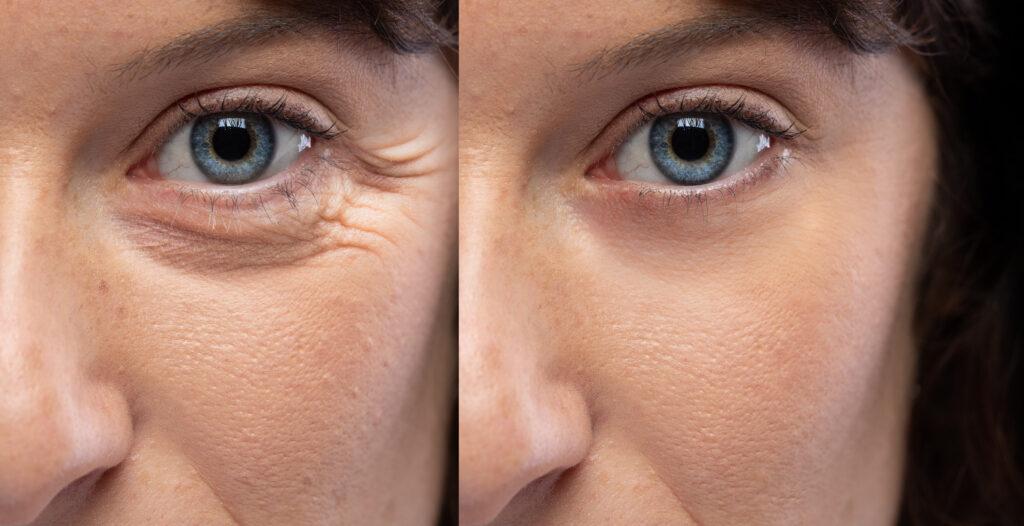
Before getting injectables for face wrinkles, it’s crucial to have a thorough consultation with a board-certified dermatologist or plastic surgeon. They will evaluate your skin and medical history to ensure you’re a good candidate for the procedure. Certain skin conditions and sensitivities should be discussed, including:
- Active Skin Infections or Inflammation: If you have any active skin conditions like acne, rashes, cold sores, or eczema in the treatment area, your procedure should be postponed until the skin has healed. Injecting into an inflamed or infected area can worsen the condition or lead to further complications.
- Allergies: It’s important to disclose any history of severe allergies, especially to ingredients found in fillers (like hyaluronic acid or collagen) or anesthetics (like lidocaine). Some individuals may have a history of allergies to Gram-positive bacterial proteins used in certain products.
- Keloid Scarring: If you have a history of keloid scarring (thick, raised scars), you may have a higher risk of developing a similar reaction at the injection site. Your provider will need to assess this risk.
- Autoimmune Diseases: Individuals with certain autoimmune diseases may have a higher risk of complications and should consult with both their physician and a specialist before proceeding.
How Do Different Skin Types Respond to Common Injectables Like Botox and Dermal Fillers?
While Botox and dermal fillers can be used as injectables for face wrinkles on all skin types, how your skin responds can vary slightly.
- Botox (Botulinum Toxin): Botox works by relaxing the facial muscles that cause dynamic wrinkles (lines that appear when you make expressions). It’s generally safe for all skin types as it is injected into the muscle rather than the skin’s surface. However, those with very sensitive skin may experience mild, temporary redness or swelling at the injection site, which typically subsides within a few hours.
- Dermal Fillers: Fillers work by adding volume and fullness to the skin to smooth out static wrinkles (lines that are visible even at rest). Most modern fillers, such as those made with hyaluronic acid, are well-tolerated by all skin types. They carry a very low risk of causing post-inflammatory hyperpigmentation or keloid scarring, making them a good option for people with darker skin tones. Individuals with sensitive skin may experience temporary swelling or bruising after the treatment, but these are normal and usually go away quickly.
Regardless of your skin type, choosing a qualified and experienced professional is the single most important factor for a safe and effective outcome. They can tailor a treatment plan to your specific needs and skin characteristics.
When you’re ready to explore a safe and effective path to a more youthful appearance, contact Hellenic Laser Spa to schedule your appointment with our experienced team.

